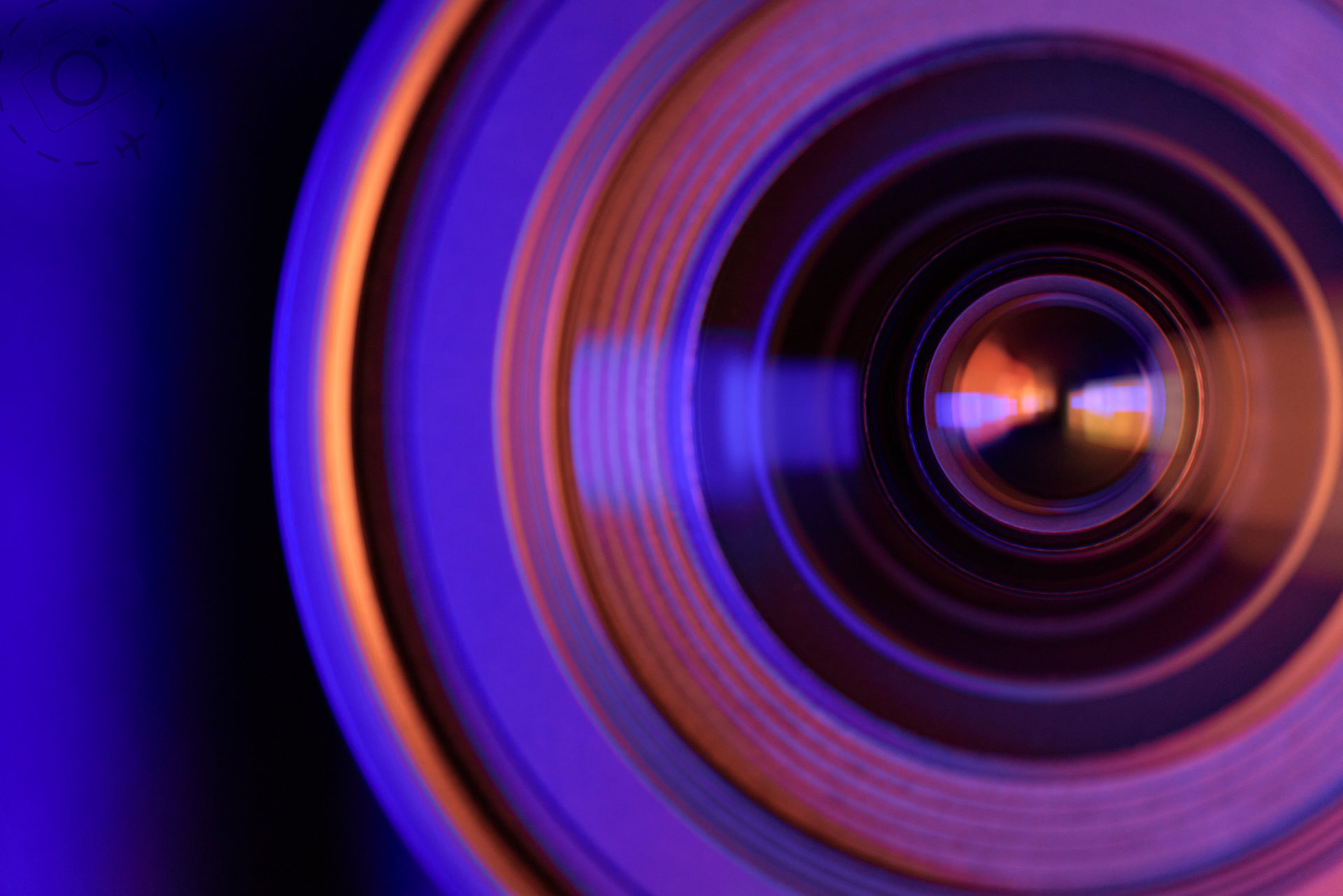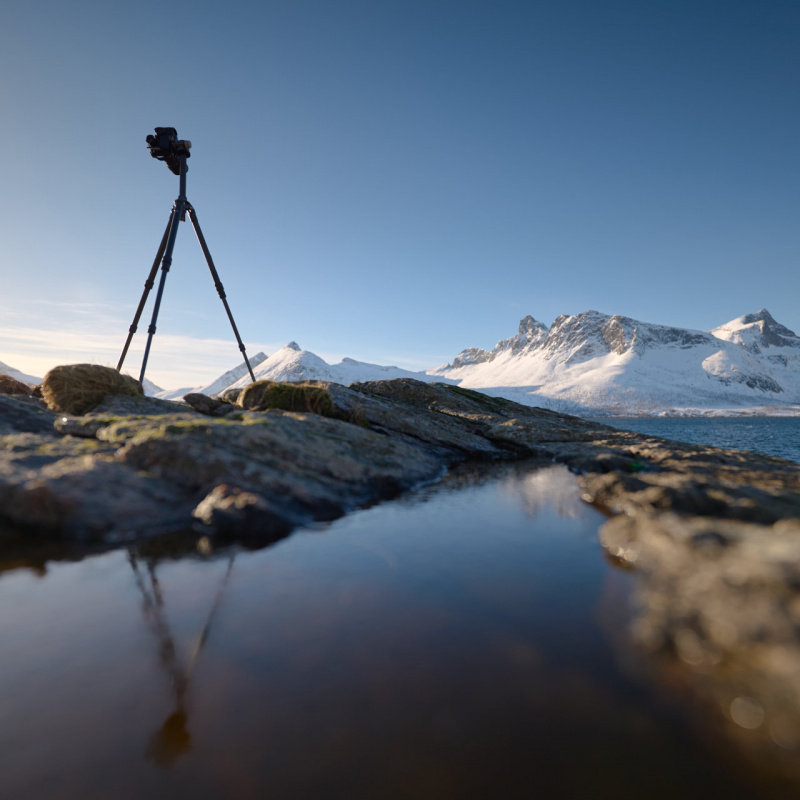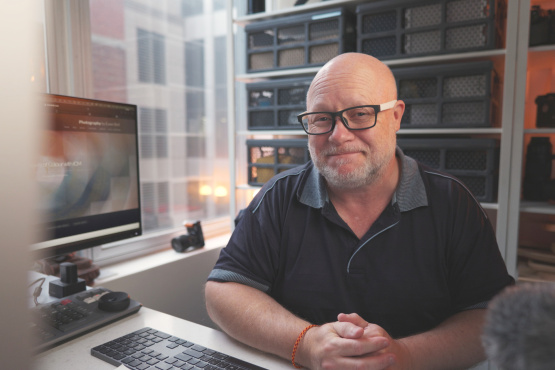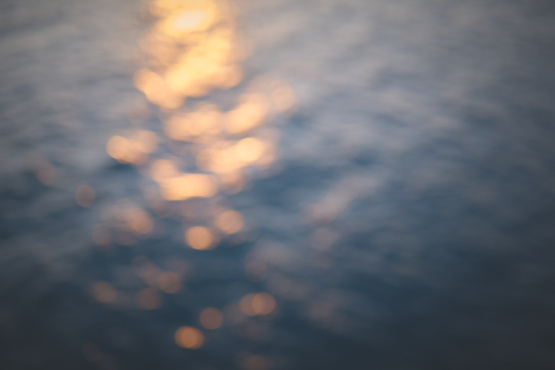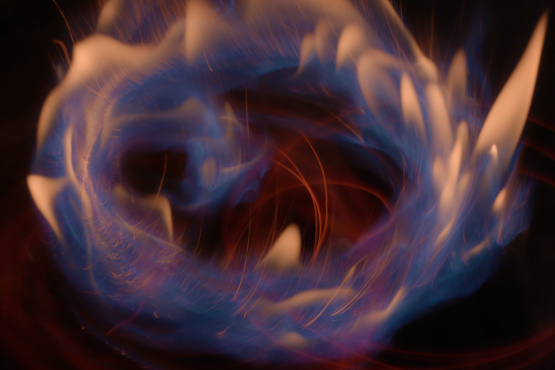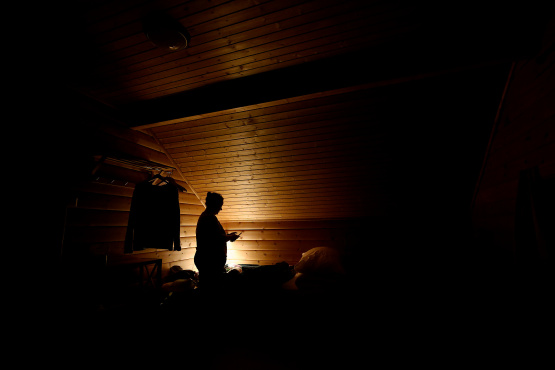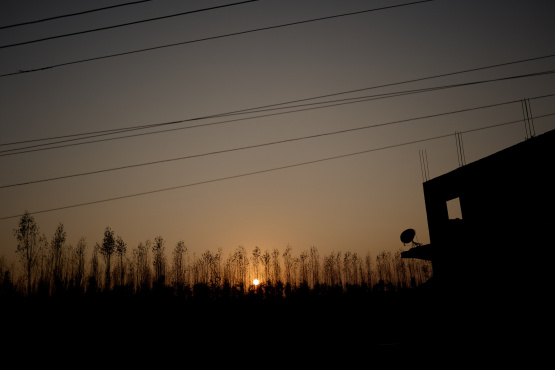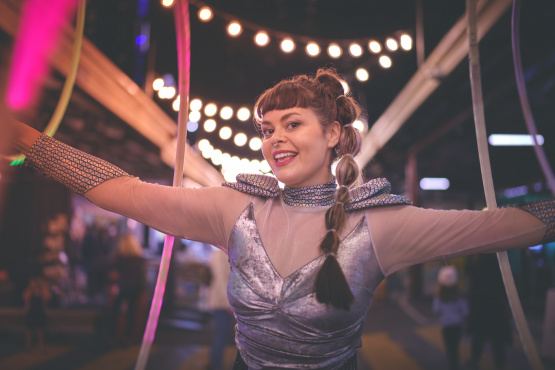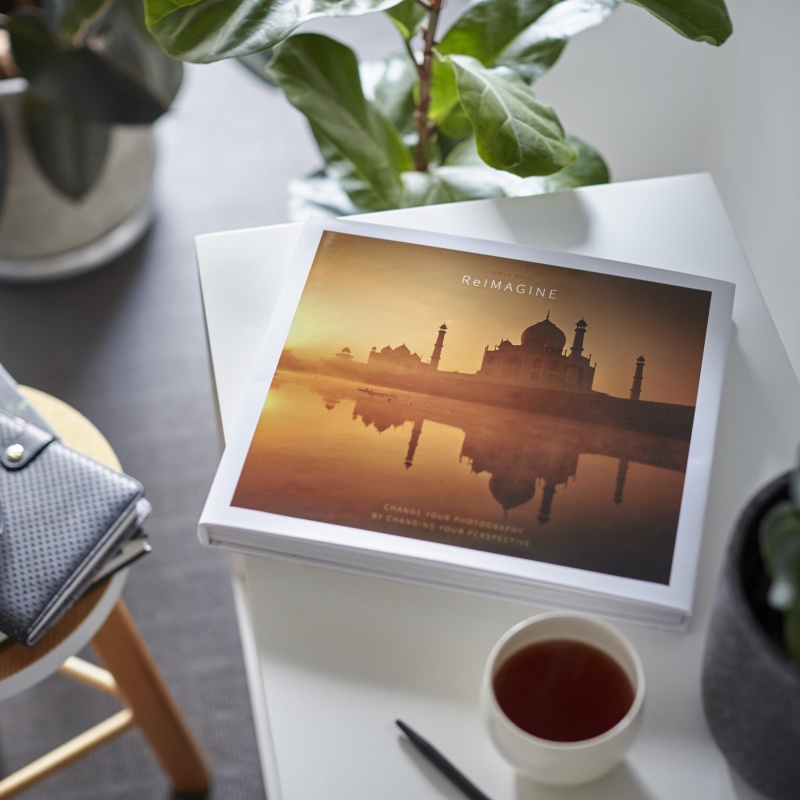What I strive for in my photography is simply to share my world with other people. What I love most about other photographers is when I get to step into their world and understand how we're different. The problem with the machine learning (AI) revolution is that none of these systems exist in the real world anyway. They tell us nothing about the human experience, instead they threaten to bury reality itself by the sheer scale of their output.
My objection to AI applied to art is the absence of human experience in the process. That experience is what brings meaning and value to everything we do.
When I look at a beautiful photo captured by someone, I'm putting myself in their shoes for a few seconds. I'm contemplating their experience and perspective, not only in the moment itself but the arc of life that led them to this point. The image is an expression of their very existence. The mirror neurons inside my brain begin to fire and I am connecting with that other human being through the medium of the photograph. I am learning something from them. It's a human to human connection that lasts as long as I can hold onto that image inside my mind.
The very point is art is to connect with humans. That's the difference between advertising and art, one is consumed while the other is experienced. For now. Influencer culture blurs these distinctions in ways most audiences haven't caught up with yet, but AI threatens to tip the entire planet over a cliff.
For most humans the 1000 hours rule is a good measure of dedication and talent. We work hard to cultivate that talent over time, and with persistence we might achieve something unique and valuable. AI, as we know it today, represents an automation of those 1000 hours and the ability to both scale up and broaden out.
Just like a real human there is a requirement to learn from experience. A lot of data must feed the machine for it to learn, and that data comes from the real world. Just like you. If you feed the machine real world experiences is it not just as able to connect with humans as you or I?
No it isn't. Because it's not actually going through the experience. It's not enduring the struggle. It's not feeling the pain of failure or rejection. It's not stressed about how to survive through to the next rent cheque. It's not crushed under the weight of an abusive patriarchy that limits opportunity at every turn. The AI can't imagine what the humans went through to spray words of protest on a wall in Russia. It's got jello for a brain, and silicon for a heart.
As a human I'm not merely learning data, but experiencing it. I'm experiencing joy and pain and kindness and hunger and nurturing and hope. They are not abstractions. My pulse quickens with both fear and love, yet not in the same way. They feel different because they are different. Yes my knowledge is derived from tens of thousands of years of human life on this earth, but it's my experience that gives gravity and value to this knowledge.
I have a similar objection to photo competitions. An image is scored and rated and evaluated against numerical metrics, a form of calculus designed to shape the creative minds of photographers inti submission. Adherence is rewarded above expression. It's like an AI training camp, but in slow motion. The human to human element it's stripped away for fear of influencing the judges. The context of the image is not so valuable, because that kind of knowledge cannot be so easily measured and rated. AI system also cannot measure what they cannot experience, so by default we are left just numbers instead of humanity.
The major failing of AI/ML output is that it's being trained on the *results* of creativity, not the *source* of it. Mozart didn't compose music based on his other works, he had other life experiences and passions which influenced his creative direction. Machine Learning in it's current form is only learning to replicate art, not create it.
While it should be possible in some measure to redesign the process of machine learning towards deeper levels of influence, there's also a very good reason this might be unpopular. Humans by nature are quirky, irrational and unpredictable. None of these traits are high on the list of what we want from machines.
Even if more nuanced forms of knowledge might one day lead to better AI generated photography, this would still miss the fundamental purpose of art itself. Photography and art IS my path to knowledge, not merely a consequence of it. Photography has helped me to make sense of a world that I never felt I belonged in. To connect with it, to investigate it, to delve deeper, to explore it's beauty, to accept it's paradoxes, and to some small and grateful extent to even find my place in it. I didn't set out to connect with humanity through the art of photography, but that's exactly where I've ended up.
If we allow photography and other art forms to be replaced by "AI generated content" we lose a critical path to understanding our own selves and our place in the world. We lose everything that matters. AI offers us a dystopian future that removes all meaning for both the consumer and creator alike.
The very real danger I see ahead for us humans is finding ourselves plunged into a world where AI generated a large part of our reality. It's already happening on social media. We digest so much sensory input through touch screens, on the assumption that we're getting a filtered stream of what's happening in the world. But it's not so much filtered as manipulated. Algorithms are already distorting our reality, and that before we start flooding the internet with AI generated content.
My fundamental conflict with social media is that so much of the human generated content is already fake. Moments that we're created instead of captured. Images that were doctored instead of preserved. Composites that were constructed instead of photographed. People rarely share their true lives on social media – that's why editorial photography is such a hot topic in my life. We need photographers to capture what is real because so little of the media or social media is even aware that it's an issue. They're focused on clicks and eyeballs, not integrity and honesty.
Machine learning is baked into our future now. The scale of the internet makes it impossible to control or regulate AI technology effectively. The genie is out of the bottle. I'm deeply troubled by how deeply it's already integrated into my digital world, and how eagerly other Humans are to invite it further into their lives. Getting help from ChatGPT to write some captions for Instagram for example? Using machine learning features to speed up my video editing? Sourcing a stock photo from MidJourney instead of Getty? Building tailor made images of your product "in situ" with FireFly?
As more and more of our "reality" gets outsourced to machines what will happen to our ability to discern right from wrong, truth from fiction, black from white? A large portion of us humans were already struggling to work out which way is up, long before the internet came along. The AI revolution is only going to intensify that situation. And it's not "coming soon", it's here right now and is about to shake up the photographic industry over the next 12 months they way Uber crushed the Taxi industry – For better or worse or both.
As a consumer of photography, my response for the time being is to focus on the humans who are still out there holding a camera and capturing their most genuine rendition of the world we share. I've enjoyed getting a glimpse of the #FilmsNotDead community on Mastodon, and indeed the wealth of digital and film photos that proliferate through the Fediverse. Zuckerberg might think video is king, but the power and nuance of photography is still winning fans in my little fringe of the internet. Each of those connections feels even more valuable in the light of current trends.
There exists a possible future where merely the intention of pressing a shutter on the camera becomes an act of subversion. Writers like Aldous Huxley and George Orwell tried to warn us about repression of the human spirit, but they imagined it would be imposed forcefully by an omnipotent government. They didn't realise it would be beamed directly into our homes and brains, and that we would eagerly pay for the privilege no less.
In the AI generated world you can have any reality you choose, so long as it's not reality itself. Who's to say this very article you're reading now wasn't written by a machine instead of a human – And would you care if it was? I certainly hope so.
– Ewen
PS. I saw recently that Adobe is stating you can opt-out of their AI training by tagging your content with #DoNotTrain. This sums up what is broken with Adobe and their business model, that instead of respecting an opt-in only model, they assume they can take your work for free and use it unless you *explicitly* tag every single object you post online. They're putting the work back on users to protect themselves from the machine they've created. Not cool Adobe, not cool at all.
PPS. This is Awkward:
abc.net.au/news/2023-04-18/prize-winning-photograph-turns-out-to-be-ai-generated/102234888
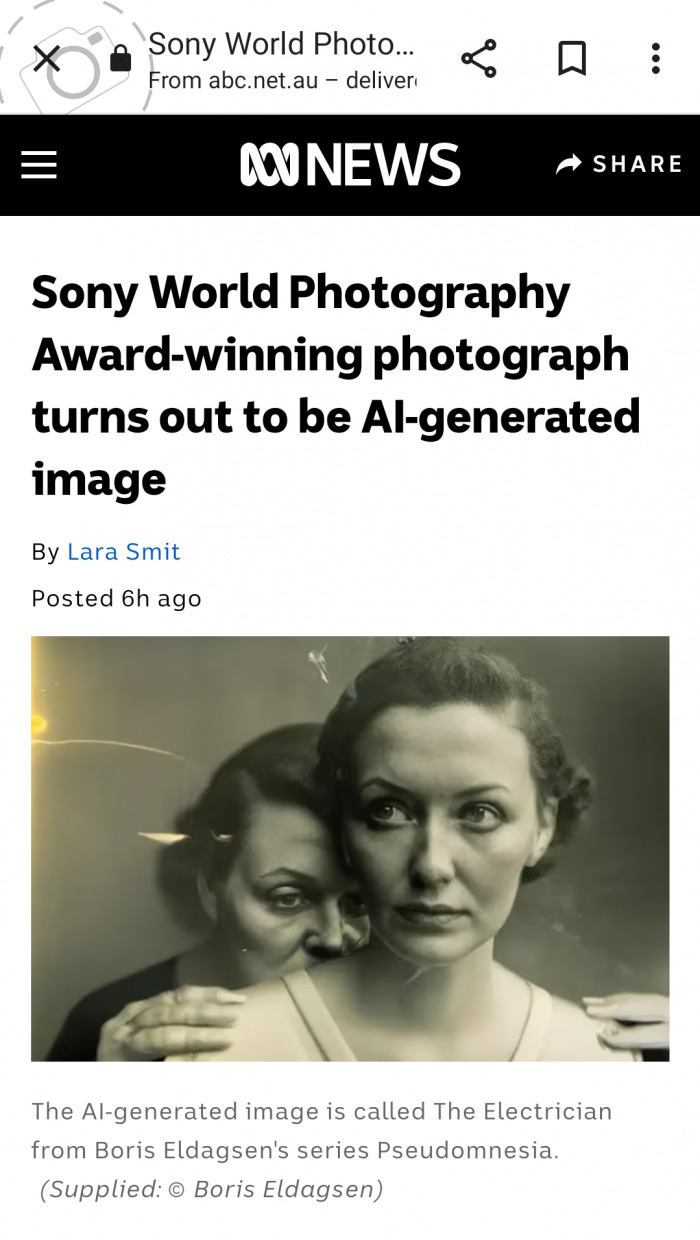

Keep Reading
Join Ewen's newsletter for monthly updates on new photography articles and tour offers...Subscribe Here
